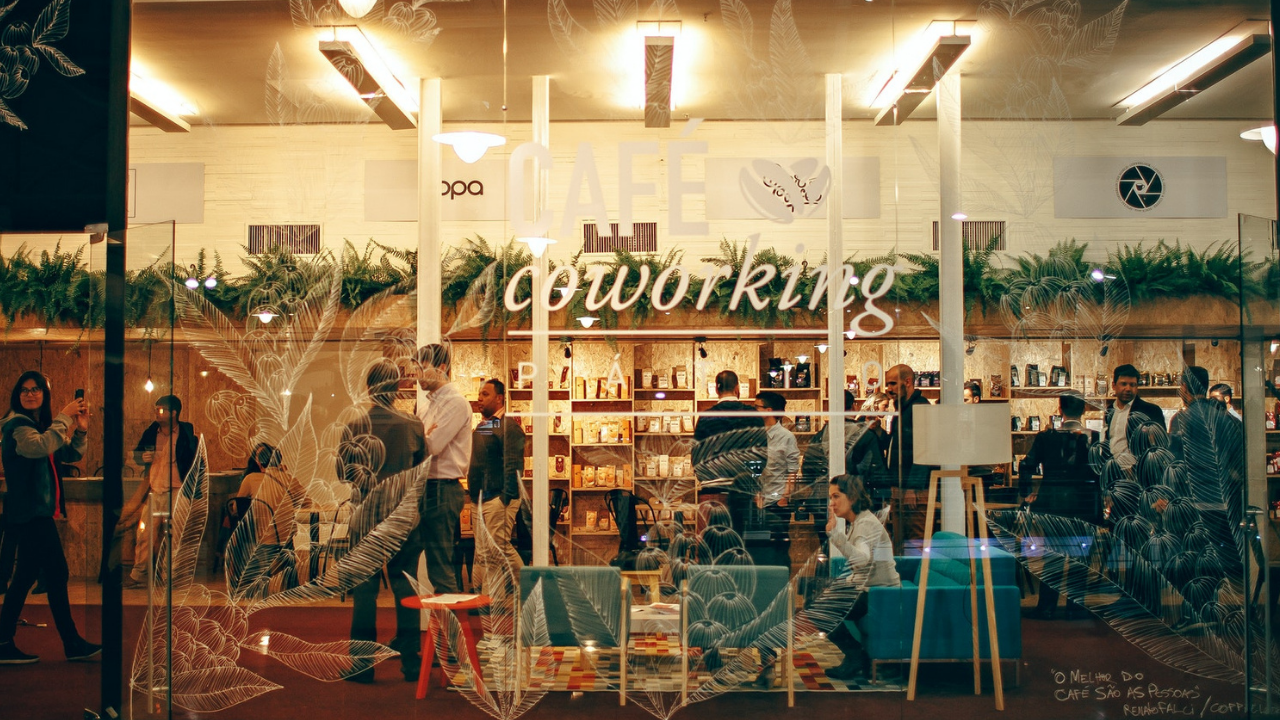A new report from Colliers International is predicting that coworking and flexible offices are expected to double or triple in the next five years.
Although the industry has faced major roadblocks over the last few years, business leaders looking to provide their employees with more workplace options could turn to these spaces.
“Occupiers are largely shifting away from a traditionally fixed-portfolio composition to one that is more of a network-driven portfolio that provides workspaces to employees that span a spectrum of new settings,” said Francesco de Camilli, vice president of flexible workspace at Colliers and author of the report. “Flexible workspace is really a key component that is going to allow occupiers to unlock this strategy. It’s really costly and time-sensitive to build out traditional office space in small- to medium-sized markets, where you might have a couple of employees.”
Colliers anticipates that, aside from major competitors like WeWork and Regus seeing growth, landlords will start introducing their own coworking services to accommodate demand.
In the wake of the ongoing pandemic, occupancy rates and overall demand has dropped. This has led operators to focus on locations that are seeing healthy performance, and leaving behind the ones that are not.
There has been a few glimmers of hope in recent months for the industry. For instance, Industrious recently announced a partnership with landlord Sioni Group to take over a 53,000 square feet New York City space on West 37th Street.













